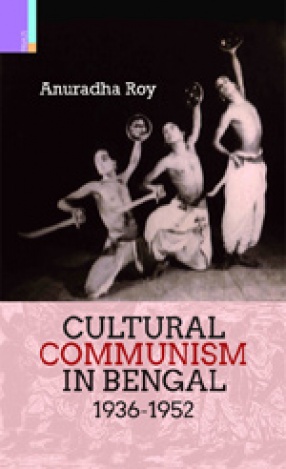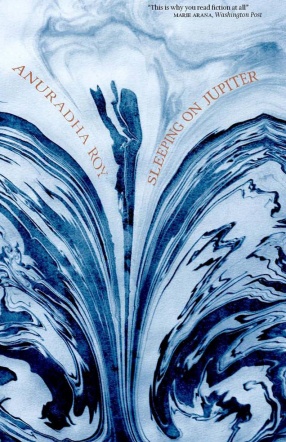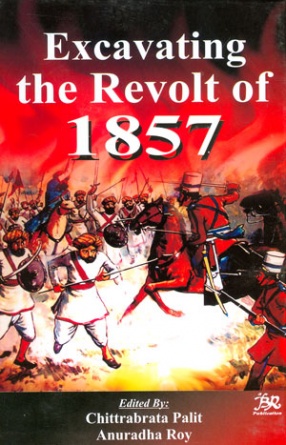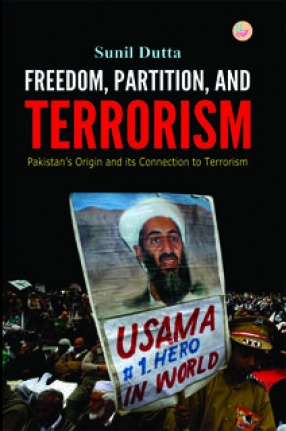Cultural Communism in Bengal 1936-1952
In stock
This book is about the communist-inspired cultural activism in Bengal that had strong national and international links and responded to the critical social and political climate of the late colonial and early- Independence years. One of the main objectives of this activism was to give political direction to the middle-class and help them reach out to the labouring ‘other’. The ultimate aim was to establish a cultural counter-hegemony in society by preparing people for a big revolution.
The objectives of this movement, however, remained largely unfulfilled even though it ignited the creative talents of many writers and artists, and at the same time induced in them a political commitment that generated new themes and bold experiments in a range of art forms. Cultural Communism in Bengal, 1936-1952, seeks to critically understand this cultural activism by examining three art forms, viz., music, theatre and pictorial art. The volume then locates the reasons for its failure in the middle-classness of this activism and lack of a long-term political mission. This void was filled up by excessive stress on arts and aesthetics, and indeed Bengal communism at its best remained cultural communism.
Cultural Communism is a painstaking and pioneering attempt to write the history of an important chapter in Bengal’s cultural history, which has hitherto been sought to be mythified rather than properly documented and analysed.







There are no reviews yet.